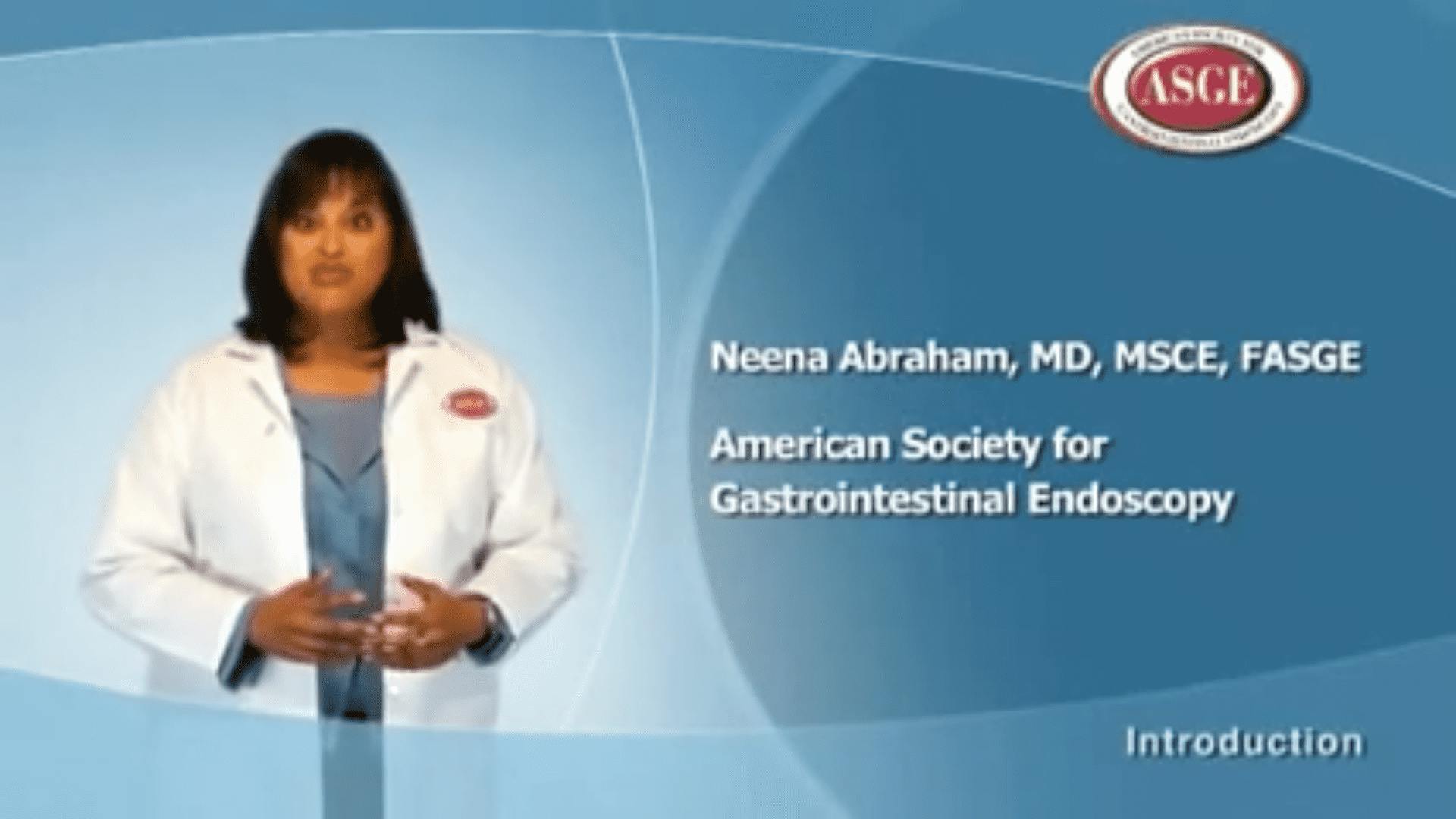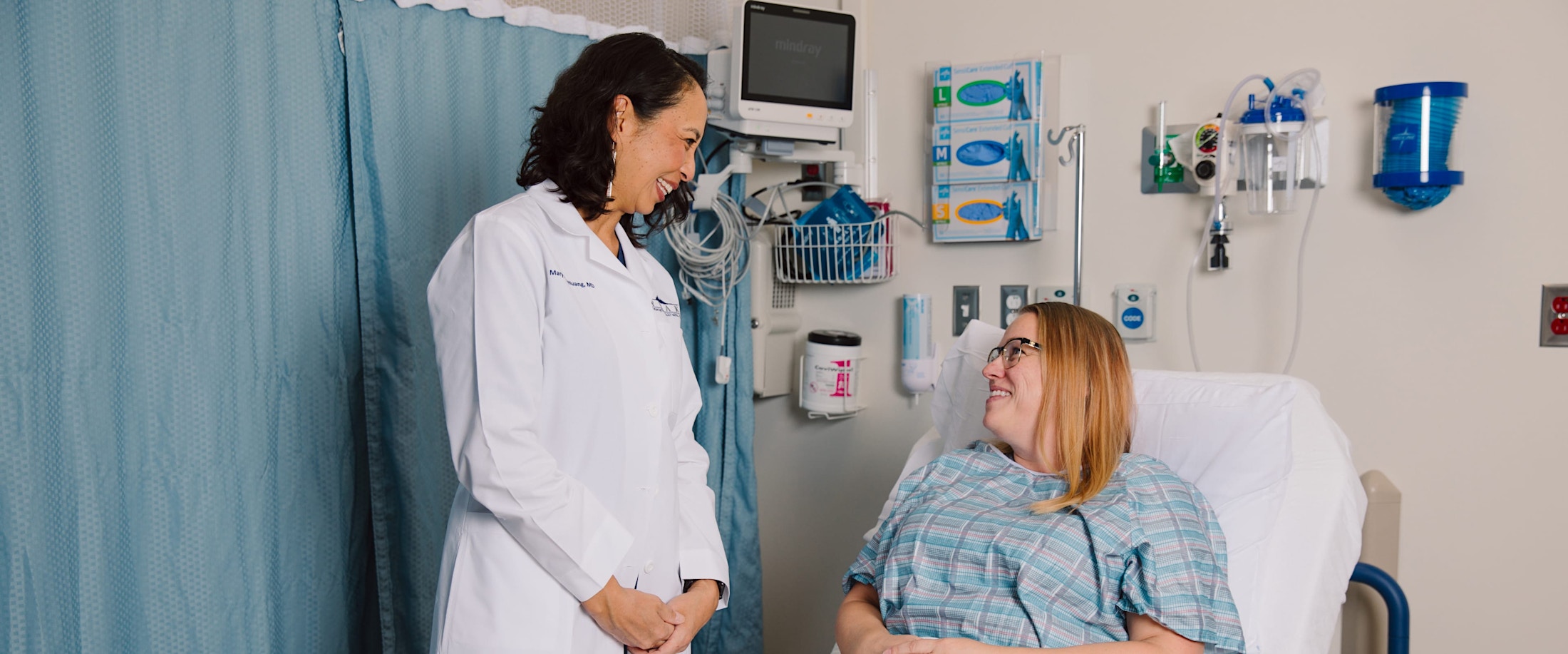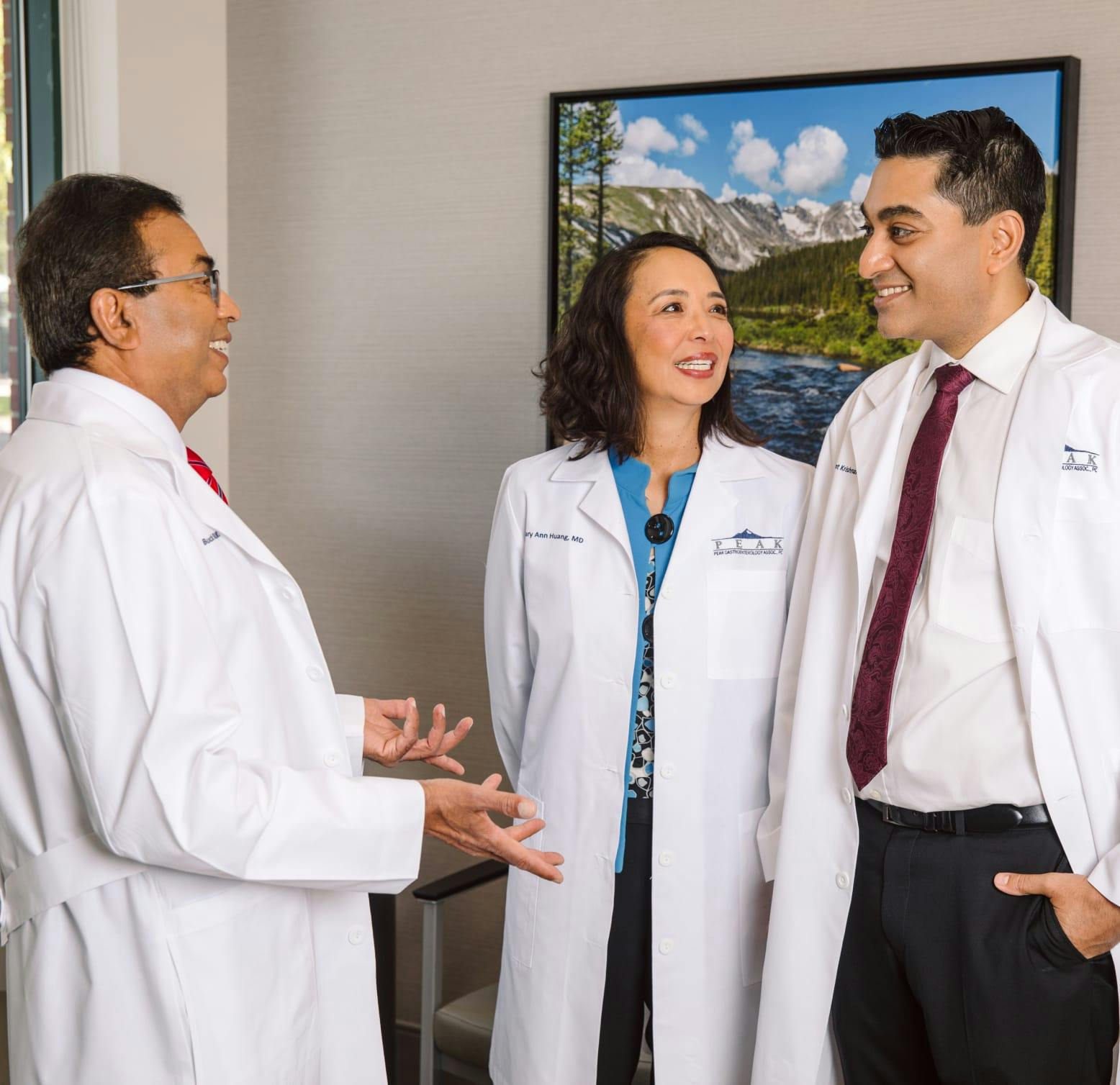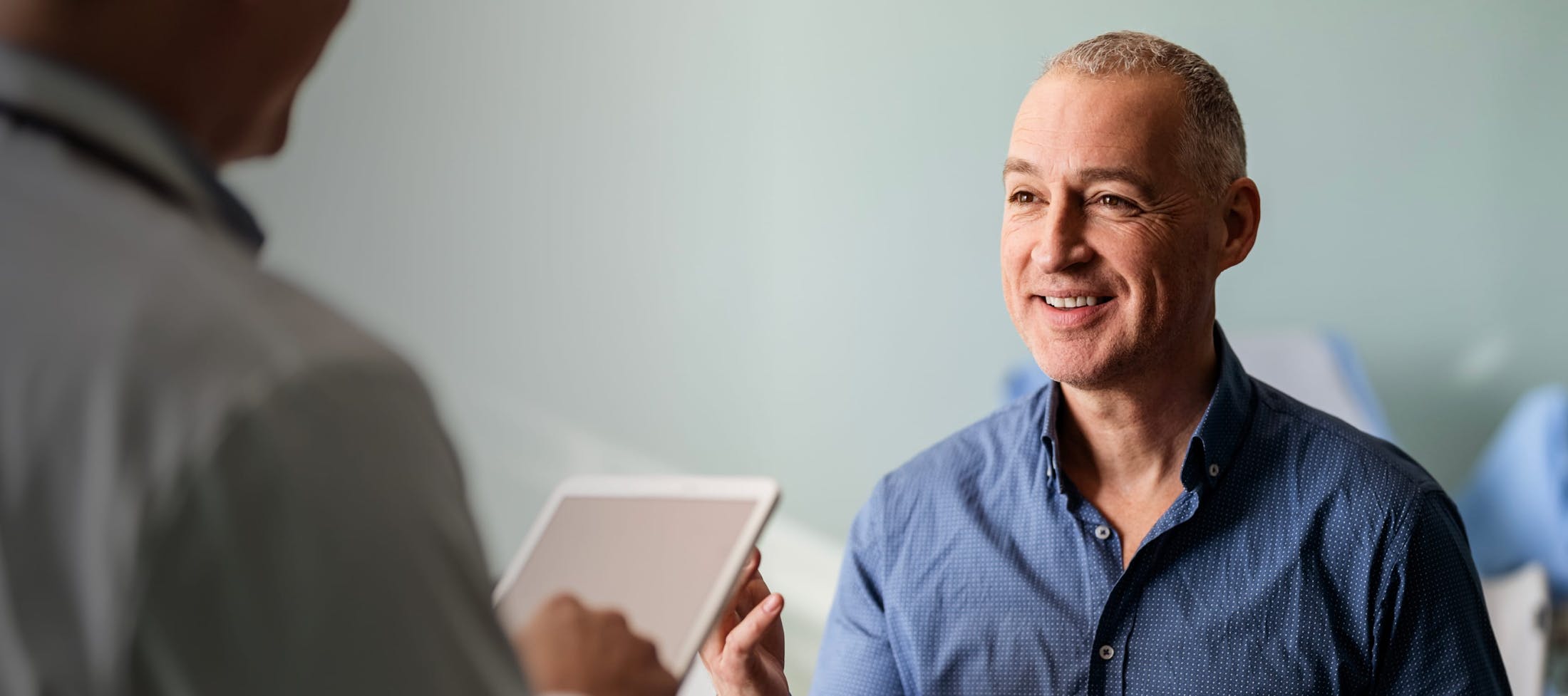If you experience unpleasant gastrointestinal symptoms or are at risk of developing cancer in your digestive tract, the experienced gastroenterologists at Peak Gastroenterology Associates are here for you. We have locations in Denver, Colorado Springs, and Lone Tree, Colorado, and are here for you. We use endoscopy to diagnose the cause of your symptoms or complete minor surgical procedures to prevent complications. To request an appointment at Peak Gastroenterology Associates, call the office or request an appointment online to see how endoscopy can help you.
What Are the Different Types Of Endoscopy?
Depending on your symptoms and health, your gastroenterologist might recommend one of the following types of endoscopies:
- Colonoscopy for the large intestine
- Flexible sigmoidoscopy for your lower large intestine
- Upper endoscopy for the stomach and esophagus
Your symptoms and risk factors determine which type of endoscopy is right for you. Your doctor also reviews your medical history and completes a physical exam. They also may use blood or imaging tests to determine which procedure best matches your needs.










